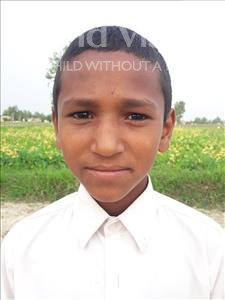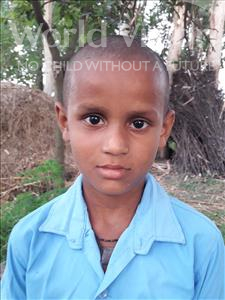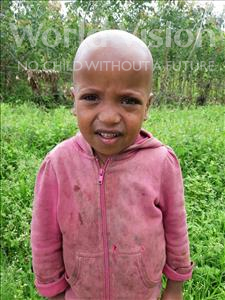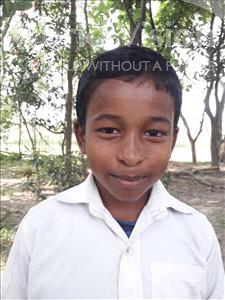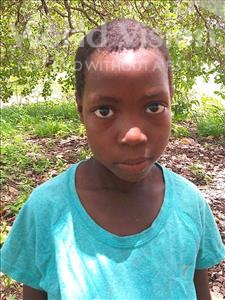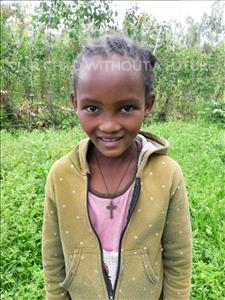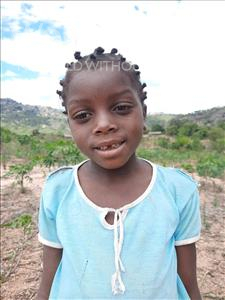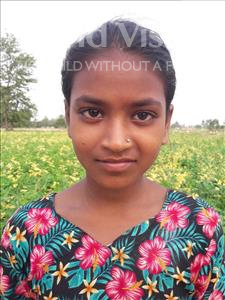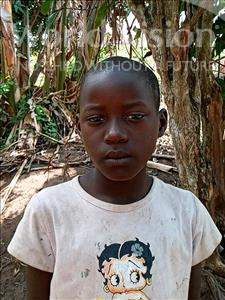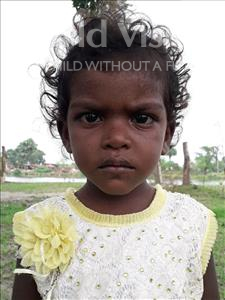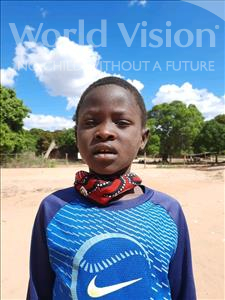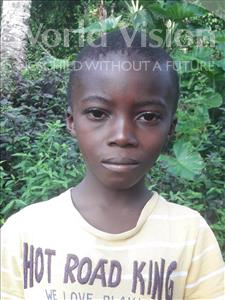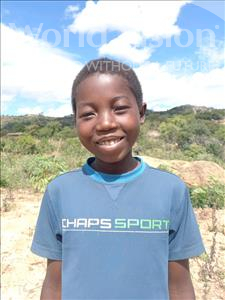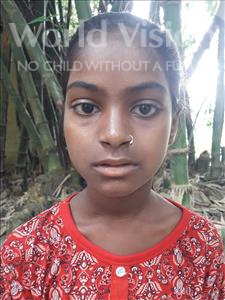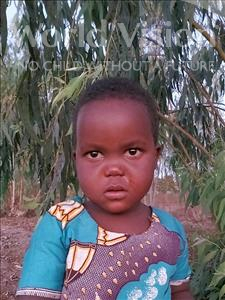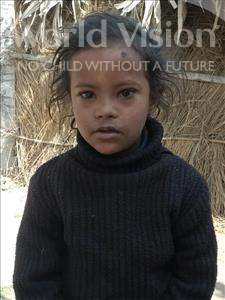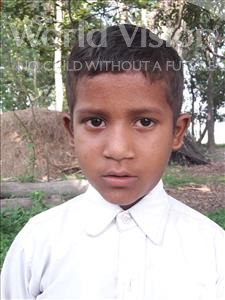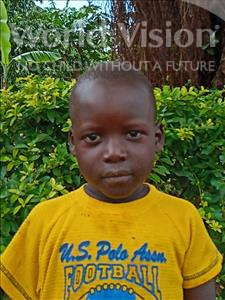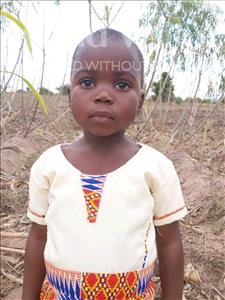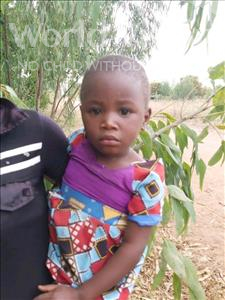The Universality of playing
By Sarah Pickwick, Senior Conflict Advisor
Following a recent trip to a refugee camp in Niger, our Senior Conflict Advisor Sarah Pickwick reflects on how our Child Friendly Spaces give children a sense of normality and allow them to be children again.
Favourite toys are often a subject of many family conversations in the UK. However, what always strikes me is that sometimes children are very happy with just the simple things that bring a lot of pleasure, whether paper and pens to draw with, playing games outside with each other, building blocks to create or story books to listen to.
As I walk into one of our child friendly spaces in a refugee camp in Niger, I ask this question about favourite toys and things to do and get similar answers. As I approach, the children are busy on the swings and slides outside. Our arrival provides ample distraction and inside the main tent one boy proudly shows me his house made of building blocks. Another explains how he loves to draw cars. The girls show me the collection of story books they are able to access by coming to this project. They love to do many of the same things as children in the UK.
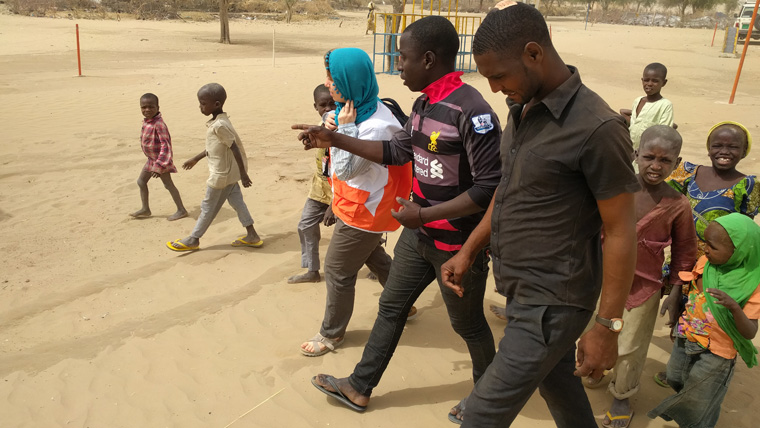
However, the difference is that these Nigerian children have had their childhoods massively disrupted and have often been denied the right to just be children. They join millions of children across the world who have been impacted by conflict, hunger and displacement. Today more than 50 million children in the world have been uprooted, and 28 million driven from their homes by conflict.
The camp we’re in is called Sayam Forage, in Diffa region which is in eastern Niger. The camp opened in late 2014, and hosts approx. 9, 600 Nigerian refugees including 4, 800 children, all who have fled the violence in Nigeria by Boko Haram which started in 2013. As well as having to leave their homes as a result of violence, the leaders of the camps tell me how their communities have had to make long journeys across borders to get to safety. Those children I spoke to felt safe in the refugee camp but their daily routines were of waiting; waiting to return home; waiting at water points, waiting to see if there was enough food or firewood. Although some were able to go to school, the child friendly space provided by World Vision since 2015 felt like an oasis of fun that they could access and once again regain something of what it is to be a child. Whilst having a chance to play and be creative, the project leaders also explained to me that the spaces are also crucial for building up social skills, understanding good hygiene practises and getting children back into the routine of learning. The demand for such spaces was high as staff said sometimes they could have up to 150 children at once, as they didn’t ever want to turn anyone away. As a result, World Vision is in the process of setting up a second new child friendly space, with training of staff having started last week.
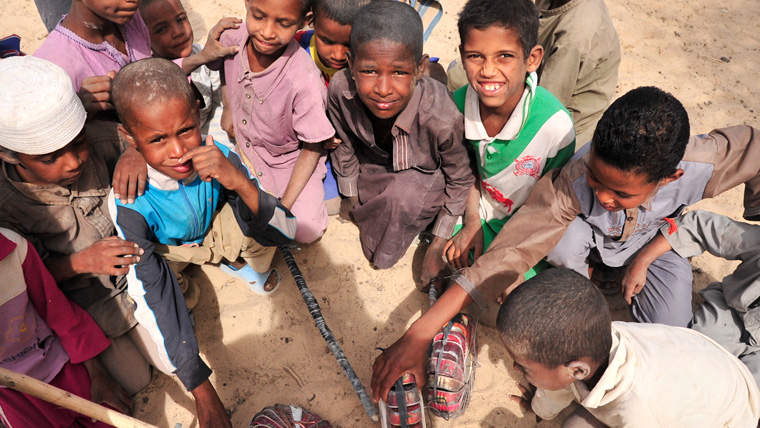
Often interventions like child friendly spaces don’t get highly prioritised when responding to the immediate emergency needs of populations who are displaced, often as they aren’t seen as lifesaving. Hence they are usually under-funded by the international community and seen as something that comes later. However, as World Vision, we see them as a crucial aspect of responding to the needs of children affected by conflict, enabling children to once again gain a sense of normality after so much turbulence. It allows them to have the pleasure of simple things like playing, drawing and reading and realise their right to be a child as much as any other child in the world, including in the UK.
In the Lake Chad Region, the ongoing crisis caused by conflict, displacement, food shortages and disease, has resulted in nearly 11 million people in need of humanitarian assistance. Displacement affects children disproportionately – of the 2.4 million people displaced, 68% of them are under 18 years of age. To find out more about our work in the Lake Chad Basin, click here.
